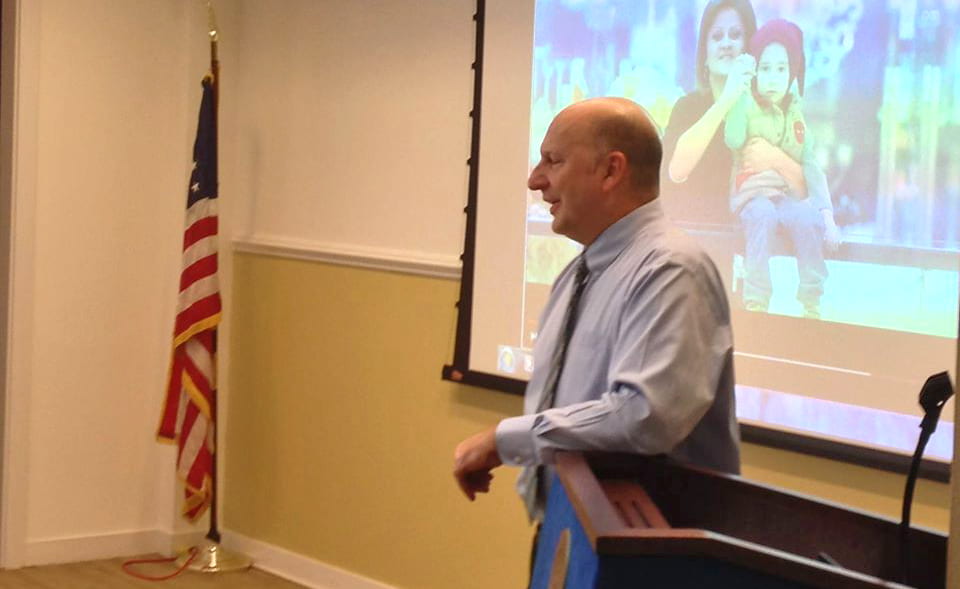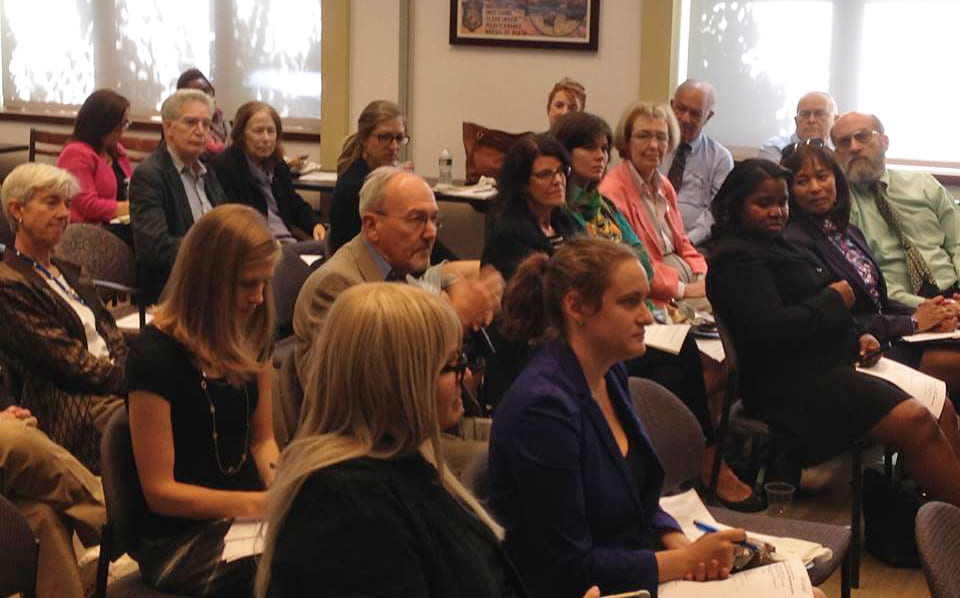WASHINGTON – American embassies around the world have embarked on widely varied approaches to using social media as a tool of public diplomacy, according to the lead social media instructor at the U.S. Foreign Service Institute.
“The State Department has one of the most vibrant and interesting social media,” said FSI’s Jeff Fairbanks, and he showed several examples. One important factor, according to Fairbanks, is that “people want to reply.”

Jeff Fairbanks, Social Media and Technology Specialist at the U.S. Department of State’s Foreign Service Institute
So the U.S. Embassy in Accra, Ghana, asked on Facebook, “What do you think the most common challenges Ghanaian farmers face on their farms and how can they be addressed?” The result: a flurry of responses – and shares.
“People want to reply,” Fairbanks explained. Dialog is crucial to involve local audiences with the U.S. and the embassy.
The Accra embassy also created a Twitter feature called “Sunday shares.” Noting that fewer social media posts were on Sundays, the embassy “curated” selected articles and links on Sunday.
“People can’t wait to go on line and read the articles,” Fairbanks said.
But text is now passé. Fairbanks quoted his daughter saying if you have to explain something in text, you’re dead. You need to use photos – such as Instagram.
Proof that it works, said Fairbanks, is that diplomats are moving resources to support social media initiatives.
“People are starting to allocate resources out there,” he said.
Fairbanks ended by showed one of his favorites, a video produced by the U.S. Embassy in Armenia, called “Happy Yerevan.” Yes, it’s Pharrell Williams in Armenia.
“The Ambassador shows it to everyone,” Fairbanks said. “The Prime Minister loves it,” because it shows Armenians having fun. And showing videos of young Armenians having fun intercut with clips of the American Embassy can’t hurt.

Ambassador Brian Carlson, an audience member at the forum, asks a question.
You can see highlights of Jeff Fairbanks’ presentation at https://www.youtube.com/watch?v=e9pVwBXsPBg and his presentation slides at https://issuu.com/usc_cclp/docs/jeff_fairbanks_presentation.pptx.
This CCLP Washington Communication Leadership program was part of a monthly series of lunch forums presented in partnership with the USC Center on Public Diplomacy and the Public Diplomacy Council.
The next forum in the series will take place on Monday, October 5th, with USC Professor Abe Lowenthal discussing his new book, Democratic Transitions, interviews with heads of state about their countries’ transition to democracy. Details at https://communicationleadership.usc.edu/events/#ecal-916421.